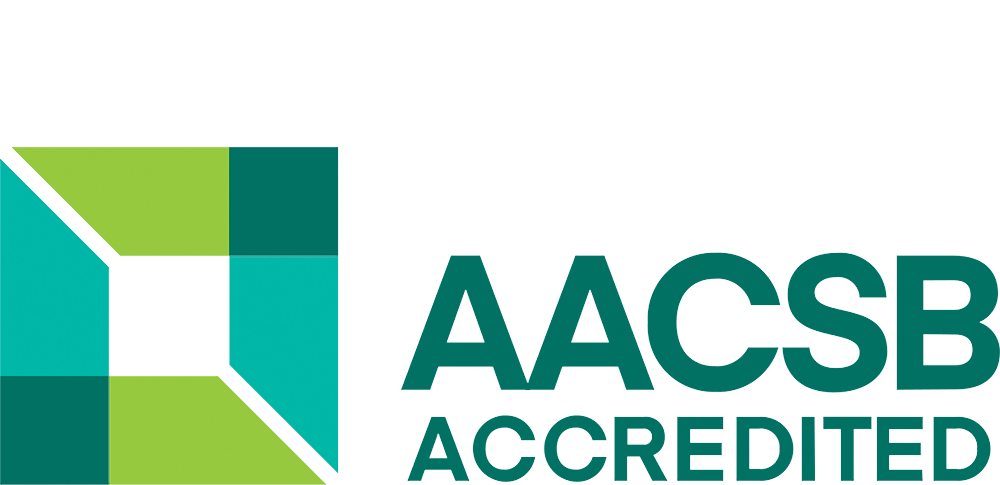Have you just completed your master's degree in ecology and are wondering about your professional future? There are many career opportunities available after this type of training, offering excellent prospects in a context where ecological transition and environmental protection are becoming priorities for businesses and local authorities. Let's have a look at the various options available to you to make the most of your background and skills in the field of ecology.
What are the main sectors that recruit graduates with a master's degree in ecology?
A master's degree in ecology, whether it be a master's in Biodiversity, Ecology, and Evolution (BEE) or another specialized program, opens the door to many professional sectors. Graduates can pursue careers in:
- The public sector: ministries, local authorities, public institutions such as the French Office for Biodiversity (OFB), national parks, regional nature parks, water agencies, and Regional Directorates for Environment, Development, and Housing (DREAL);
- The private sector: environmental consulting firms, energy, water, transportation, construction, and sustainable agriculture companies;
- The non-profit sector: environmental NGOs, nature conservation associations such as the LPO, Conservatories of Natural Areas, etc.
The ecological transition is thus generating numerous employment opportunities for students trained in environmental management and biodiversity conservation. These fields enable graduates to actively contribute to the implementation of projects serving the public interest while developing their professional expertise.
Discover our master's degrees
What careers are available with a master's degree in ecology?
After two years of specialized training, holders of a master's degree in ecology can pursue a variety of careers:
In research and higher education:
- Researcher or teacher-researcher (after pursuing a doctorate);
- Design or research engineer in public and private organizations.
In consulting and advisory services:
- Biodiversity researcher;
- Ecologist or naturalist expert;
- Environmental consultant;
- HSE (Health, Safety, Environment) manager.
In project management:
- Ecological engineering project manager;
- Environmental project manager;
- Sustainable development manager;
- Climate change adaptation project manager.
These professions offer a variety of career opportunities and allow graduates to put their technical and scientific skills into practice in concrete environmental projects. Student life and internships completed during your training also provide a valuable network of contacts for your future career.
Discover our programs
How can you continue your studies after a master's degree in ecology?
If you want to deepen your knowledge or specialize further, there are several options available to you:
- Doctorate: at the bac+8 level, this allows you to become an expert in your field and access careers in research and higher education.
- Additional training: specialized master's degrees or MBAs to acquire dual skills, particularly in management, project management, or sustainable development.
IPAG Business School offers courses tailored to master's degree graduates in ecology who wish to complement their scientific profile with management and administrative skills. These courses will broaden your career prospects and help you stand out in the job market.
After completing a master's degree in ecology, you can explore new opportunities by combining your environmental knowledge with management expertise. IPAG Business School offers a Doctorate in Business Administration—a master's degree that allows ecology professionals to develop advanced management skills while continuing their professional activities. This program helps you bring new methods and strategies to your current or future business in the environmental field.
Among the courses offered by IPAG:








